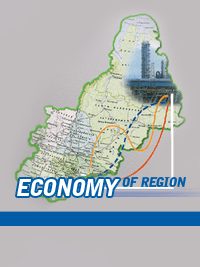and finally even available – the recent “products” now out:
Recording of the Presentation in Łódź (29/11/2018)
Digitisation, AI and the need of another economy
***
Recording of the presentation in Ostrava (5/12/2018)
Bubble Economies Bullshit Jobs Shredding Paintings
***
Recording of the Deans Lecture in Łódź (5/12/2018)
Bullshit jobs – but the problem is the stable
***
Publication in the Journal “Economy of the Region”

an article titled
Two-Criterion Model of the Russian Society Stratification by Income and Housing Security,
Authored by V. N. Bobkov, P. Herrmann, I. B. Kolmakov, E. V. Odintsova,
Another article with the mystery-title 😉
About You – Nur frage nicht, ob du überhaupt bist
in: Tarantel, 12/2018.
![]()
Zeitschrift der Ökologische Plattform bei DER LINKEN
Published with some delay, though not out of date the Social Law Report 6/2017 of the MAX PLANCK INSTITUTE FOR SOCIAL LAW AND SOCIAL POLICY
Entwicklungen der sozialen Sicherheit und des Sozialschutzes in Irland. Juli 2016 – Juli 2017

(These are regular reports and the 17/18 report is already waiting for being uploaded)

Now as recording – im German language:
Mit Illustrationen von Bernd Czychi


